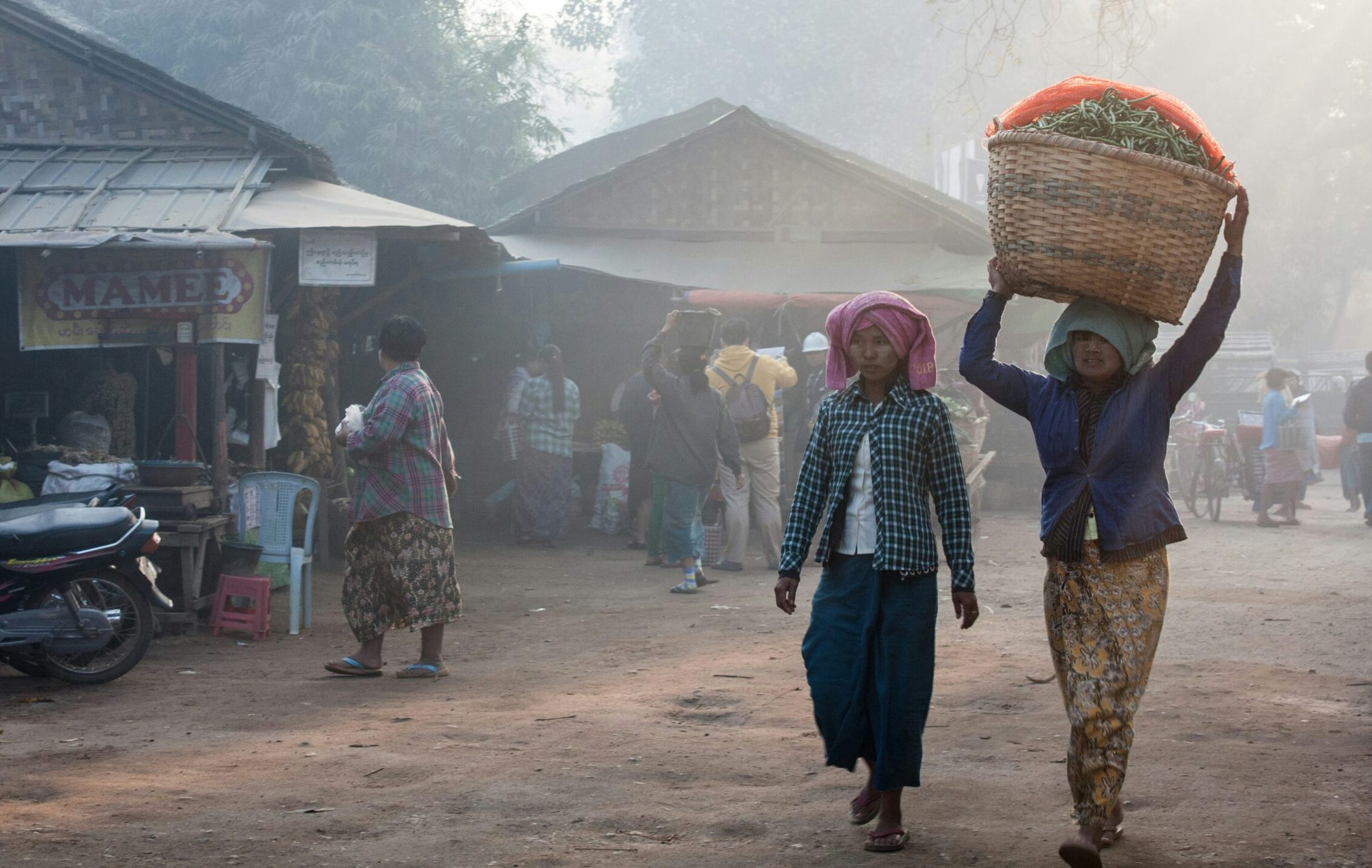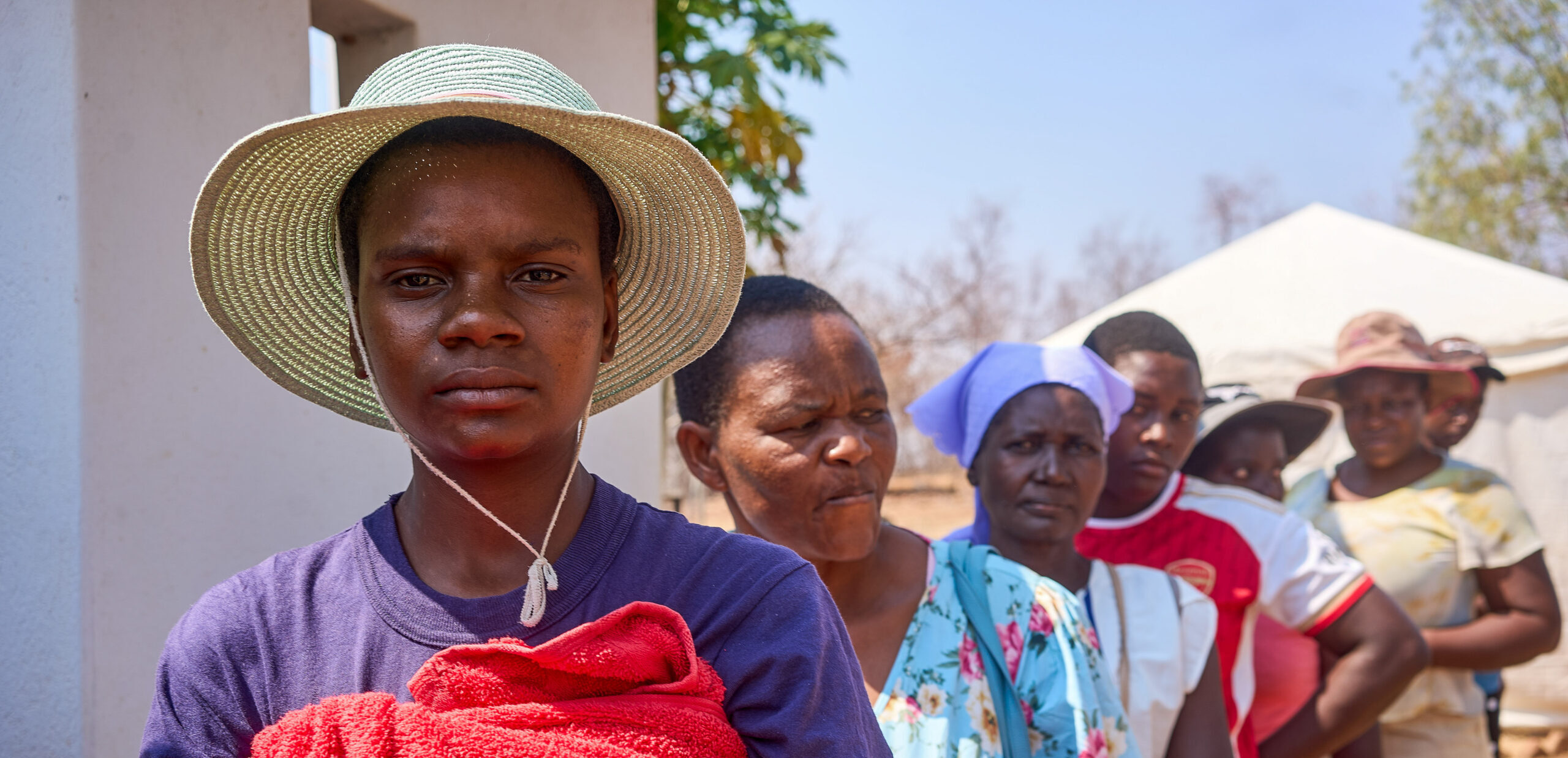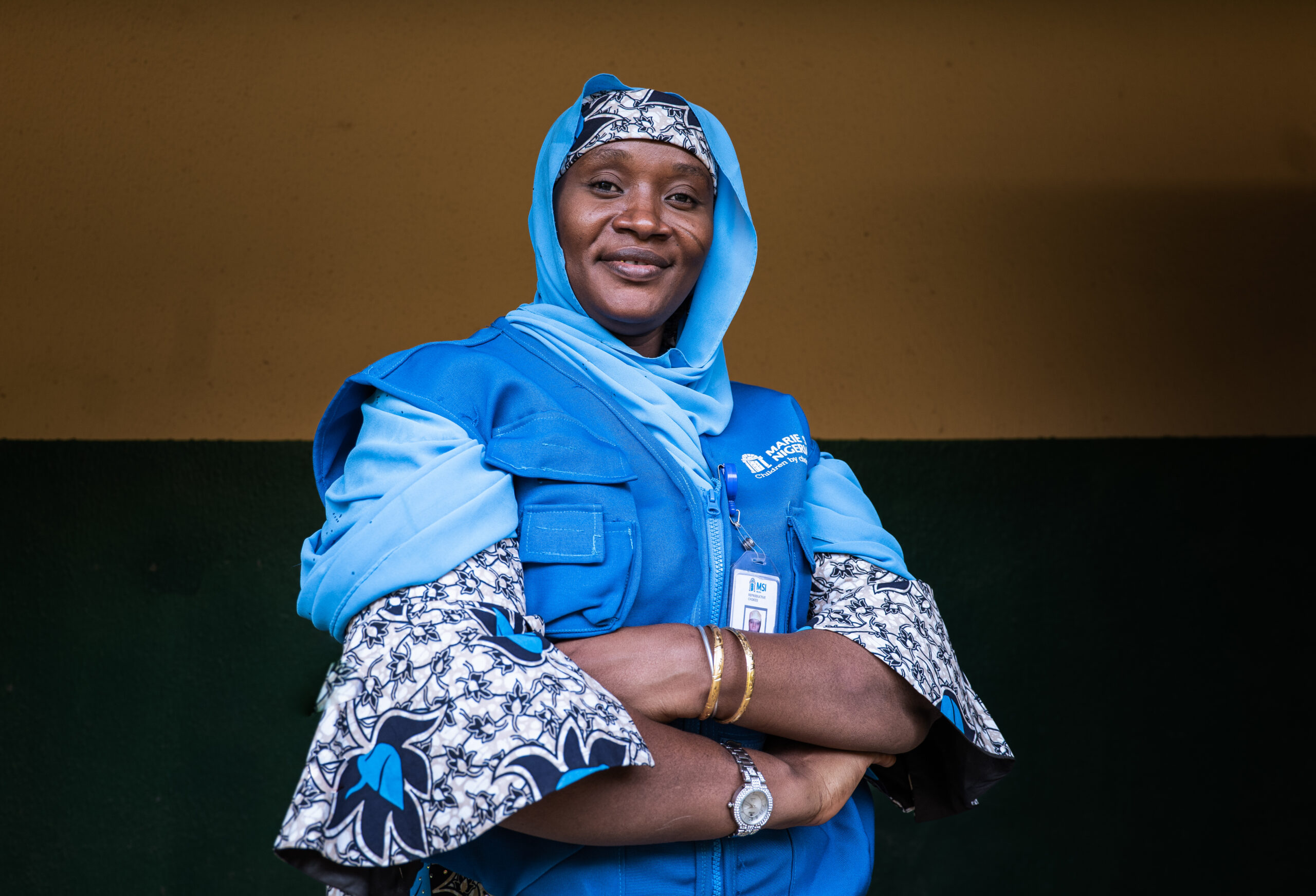All too often, the sexual and reproductive health and rights of people with disabilities are ignored. A lack of information and awareness, physical inaccessibility, poverty, stigma, and exclusion from decision-making all play a part.
Through the Youth for Health project, MSI and our partners are working to change that. Working closely with organisations of persons with disabilities, we’re making sexual and reproductive health information and services more inclusive.
Recently, we visited Lusaka, Zambia and talked with people with disabilities about the challenges they face when accessing healthcare, and the changes they would like to see. This International Day of Persons with Disabilities, we share the perspectives of three of the women we met.
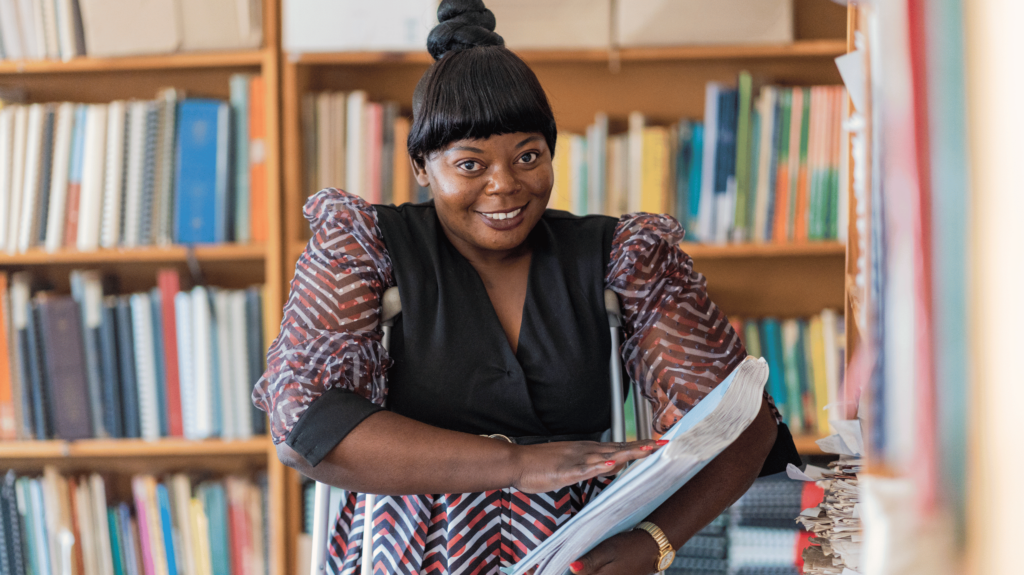
Jane Mulenga, coordinator for the Zambia Agency for Persons with Disabilities (ZAPD), sheds light on the mistreatment persons with disabilities can encounter:
Some healthcare providers, like at public sector facilities show pity when they see a person with a disability who is pregnant or trying to access sexual health services. When a pregnant woman with crutches goes for a routine check-up, some service providers act surprised and that will put them off. You can imagine going to a facility to get help and then someone asks, “How are you going to manage?”. Some will even shout to their fellow nurses to come and see you and will ask very insensitive questions like, “Even you? Who gave you that pregnancy? How can they impregnate a person with a disability?” They assume that people with disabilities are not sexually active and that we aren’t supposed to have children.
Training healthcare providers to be inclusive of people with disabilities and their sexual and reproductive health needs should be mandatory. It can easily be integrated into existing training strategies and curricula. Then, maybe going forward, we will see some positive change.
Through the Youth for Health project, MSI Reproductive Choices and its partners are proud to invest in disability-inclusive training and strategies, to ensure everyone we serve is given the same level of high-quality, compassionate care.
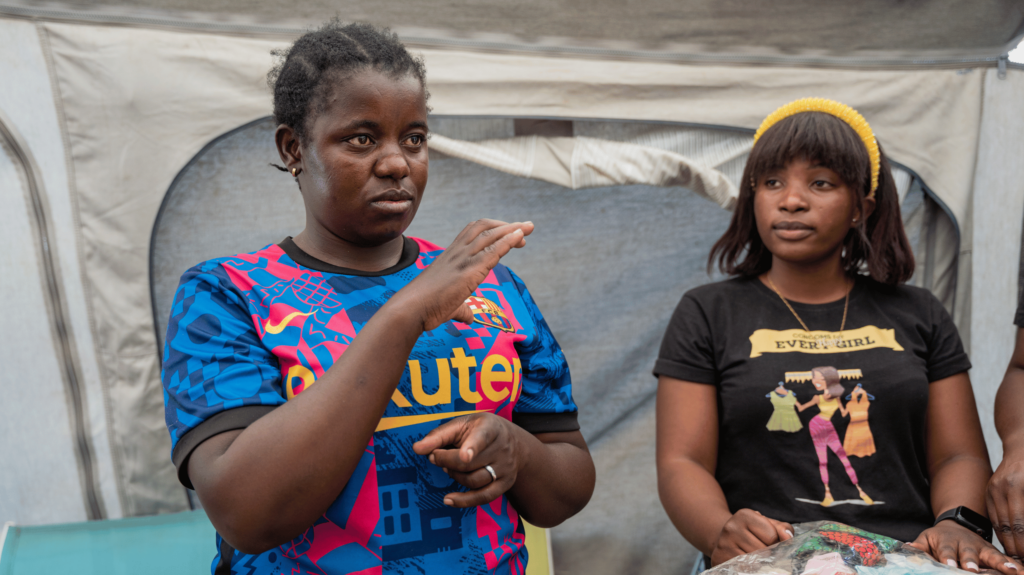
Beauty Soko (39) is a woman with a hearing impairment who shares her experience accessing healthcare with an interpreter:
It’s not my first time interacting with MSI Zambia — I got the injection three months ago. I know that it prevents pregnancy and I don’t want to have more children, as I already have four. The information and services given to me as a person with a disability were very good. MSI Zambia had an interpreter who made communication very easy for me. The service providers treated me well and they were very friendly to me.
Unfortunately, this is not the same treatment people with disabilities often receive when accessing health services in public health facilities. Most service providers do not know sign language. They use gestures which are not very clear. And since they can’t sign, they depend on writing on paper, which can be very hard to understand. We are also human; we have a right to get information. Sign language is a language. The healthcare sector has a responsibility to make sign language available to ease communication. I will be very happy if this is achieved.
I am very excited to hear that MSI’s Youth for Health project has disability inclusion built in. My advice would be to include sign language interpreters so that people like me can access, learn and understand reproductive health services.
Through the Youth for Health project, MSI Reproductive Choices and its partners are working with sign language interpreters to help people with hearing and speech impediments access information and make informed choices.
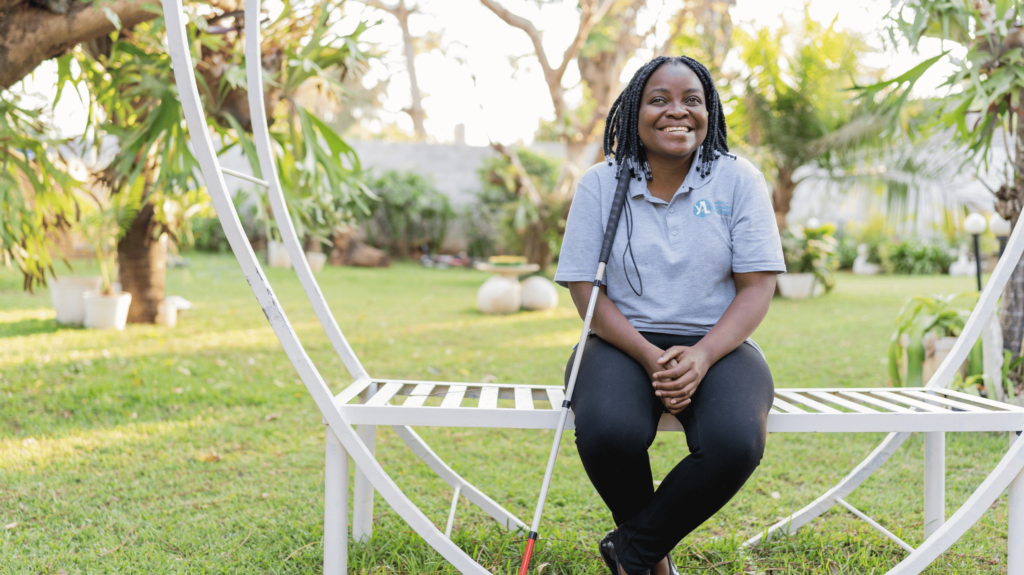
Nsofwa Sampa (31) is a youth advocate. She runs an organisation called Positive Movement Zambia, which aims to promote an inclusive society for all, and shares her thoughts on disability inclusion:
To me, inclusion means not leaving anyone behind based on their disability, race, or however they might appear to you. When I could see, maybe I overlooked this because it was easy for me to read and get information and opportunities. But when I lost my sight, people stopped inviting me for opportunities and meetings due to my disability.
When I was a teenager, I also realised that there were limited conversations around sexual and reproductive health, especially for young people with disabilities. In Zambia, most people start having sex when they are in their teenage years, and they often don’t have adequate information on how to make informed choices like accessing contraception. The situation is even worse for young people with disabilities as they face so many barriers and challenges. It’s unusual to see adolescents with disabilities, as most parents prefer to hide them and they’re usually kept away from discussions about sex and reproductive health. Parents sometimes fail to recognise that they want to become sexually active, so no one is there to talk and guide them.
To promote sexual and reproductive health and rights among people with disabilities, facilities and information must be inclusive and accessible. We should integrate awareness-raising and sensitivity campaigns on the needs of persons with disabilities. Global health organisations and governments should focus on meaningfully engaging people with disabilities when designing and implementing different policies and projects. We should also be given more opportunities as peer educators and role models in our communities to motivate our peers to get more involved. We like to say, ‘nothing about us, without us’.
MSI partners with local organisations of persons with disabilities in many of the countries where we work, to design and deliver inclusive programmes. Our work is not done until every body is respected.






